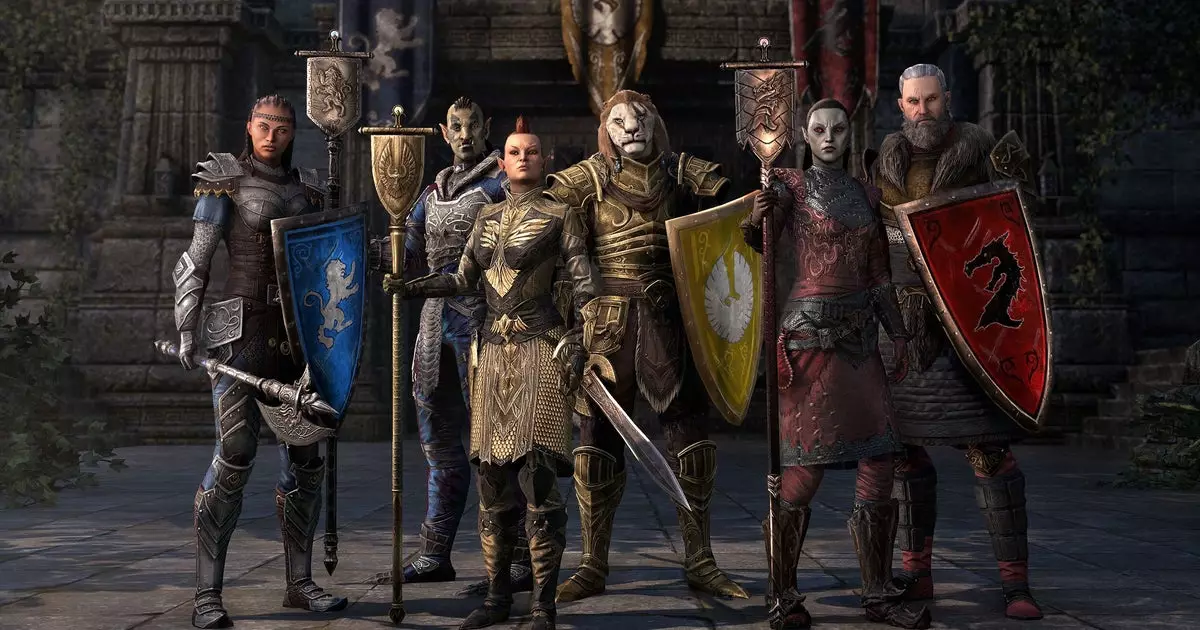In an unexpected twist during a glitzy awards ceremony, a significant movement transpired in the realm of video game development that may alter the industry’s labor landscape. Employees at Zenimax Online Studios made headlines not with a flashy game reveal, but with the successful launch of their union, comprising 461 members. This represents a historic moment, not only for the studio itself but potentially for the larger gaming industry. The group comprises a diverse assembly of engineers, artists, web developers, and game designers, marking a notable step toward collective action in an industry notorious for its disparities in worker treatment.
The demands expressed by Zenimax’s newly formed union spotlight critical issues faced by game developers today. Members are advocating for job security, improved benefits, and protections against artificial intelligence—a pressing concern as technology continues to evolve rapidly. The fear of layoffs, particularly exacerbated by recent upheavals in the tech industry, has intensified calls for better workplace guarantees. Given that Zenimax is a subsidiary of Microsoft, employees are wary of the impacts that corporate decisions might have on their careers. As the industry observes waves of layoffs, unionization becomes a vital lifeline for job security.
While the acknowledgment of the union by Microsoft carries an air of significance, it is essential to recognize the context surrounding it. The labor agreement arising from Microsoft’s acquisition of Activision Blizzard obliges them to engage with unions formed under their reign. Consequently, this acknowledgment doesn’t come out of a spontaneous desire for positive labor relations but rather a legal requirement, highlighting the complex dynamics at play in corporate America. This situation has perhaps facilitated a smoother unionization process for Zenimax’s QA workers compared to other studios that may not operate under such circumstances.
The formation of the Zenimax Online Studios union echoes a broader trend gaining momentum across the gaming industry. Earlier this year, the Communication Workers of America (CWA), under which Zenimax’s union operates, supported the establishment of a similar union at Bethesda Game Studios, also a Microsoft-owned entity. This pattern suggests an increasing willingness among workers in the gaming sector to stand in solidarity and demand their rights.
As expressed by a CWA organizer, the power imbalance within the industry is glaring, prompting efforts to organize in a clandestine manner to safeguard workers’ interests from potential corporate pushback. The strategic timing of the Zenimax union’s announcement, coinciding with a high-profile awards event, demonstrates an astute awareness of how to capture attention in an industry often dominated by flashy media. This act of collective bargaining could serve as a beacon for other underrepresented workers within tech and gaming, demonstrating that the fight for fair labor conditions can indeed launch in an unexpected yet powerful way. In a world where workers unite, change becomes not just plausible but inevitable.

